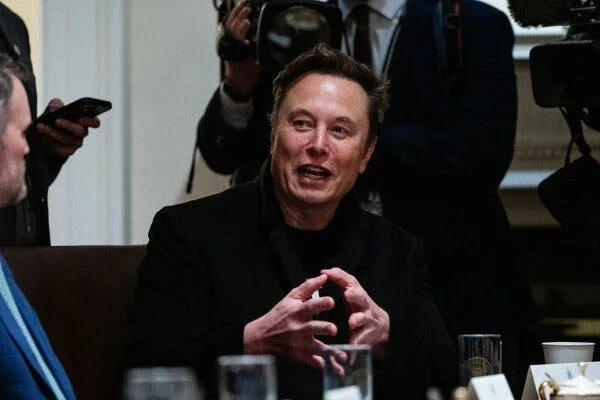
South Africa Considers Starlink Exception: Broader Implications of Trump-Musk Meeting
The saga surrounding Elon Musk's quest to launch Starlink in South Africa has taken a dramatic turn. Citing racial reasons, Musk claimed Starlink couldn't operate in South Africa because he's "not Black." This statement, coupled with pressure from the Trump administration, has stirred controversy and prompted South African officials to reconsider their empowerment laws.

South Africa's Broad-Based Black Economic Empowerment (B-BBEE) policies require foreign companies to offer partial ownership to historically disadvantaged groups. Musk has publicly decried these policies as being "racist." The Independent Communications Authority of South Africa (ICASA) clarified that Starlink hasn't even applied for a license, yet the narrative of a racial barrier has gained traction.
Now, South Africa is considering an “equity equivalent” workaround, allowing Starlink to invest in disadvantaged communities rather than cede ownership. Solly Malatsi, the country’s communications minister, argues this will attract foreign investment and expand broadband access.

This shift comes after a tense Oval Office meeting where President Trump confronted South African President Cyril Ramaphosa with unsubstantiated claims of mass killings of white farmers. Reportedly, easing regulations for Starlink and showcasing other business opportunities for Musk were tactics Ramaphosa used to mend icy relations between the two countries and potentially secure a new trade deal.
The Economic Freedom Fighters, a South African opposition party, has criticized the proposed policy change and accused Musk of leveraging the Trump administration's foreign policy to further his business ambitions. The party alleges this policy is a surrender due to a disinformation campaign perpetuated by Musk.
Starlink's potential impact on rural communities in South Africa is significant. With only 1.7% of the rural population having home internet access in 2023, Starlink could revolutionize education, healthcare, and other social services. However, critics argue that accommodating Musk compromises the integrity of Black empowerment policies. Neighboring Lesotho recently granted Starlink a 10-year operating license, motivated by easing US tariffs.
The proposed regulatory change has sparked a debate within South Africa. Is this a pragmatic solution to bridge the digital divide, or a compromising move driven by political pressure? Will Starlink genuinely empower Black communities, or is this simply a strategic play by a tech titan? Share your thoughts in the comments below.